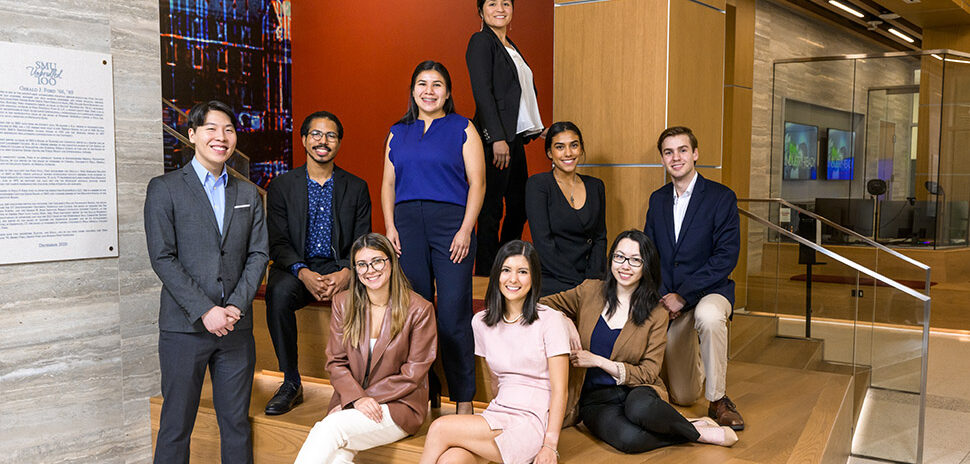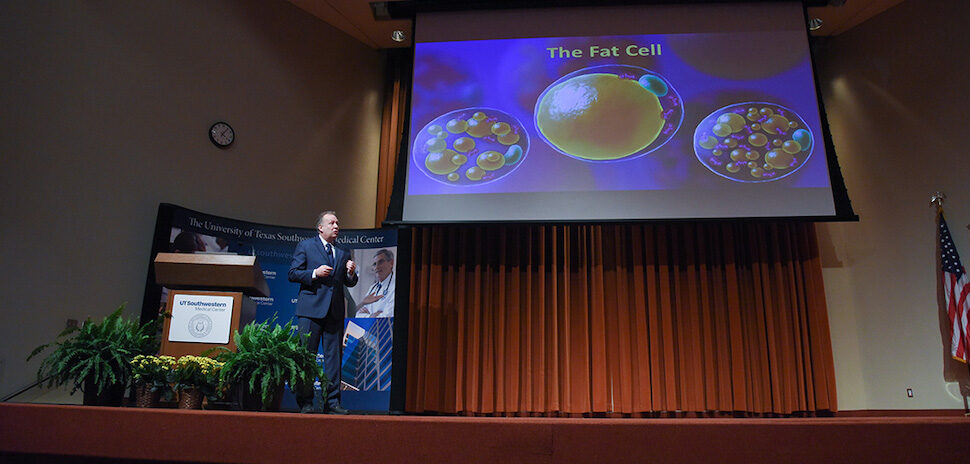A federally funded data warehouse is being created by Southern Methodist University in Dallas to centralize data collection and support research into human trafficking in the United States.
The warehouse will feature a unique component—a video game called “Dark Shadows”—to help researchers extract and “clean” relevant human trafficking information from the U.S. Department of Justice’s press releases, such as victims’ and perpetrators’ names and crime locations.
“Human trafficking data exists, but datasets are often siloed by individuals and organizations, which decreases the useability of the data,” Beth Wheaton-Páramo, the economist leading the SMU human trafficking research team, said in a statement. “Many of these datasets are based on case studies, meaning they describe a very specific geographic or socioeconomic area of human trafficking that may not provide a full picture of what is happening across the nation.”
SMU said an estimated 27.6 million people worldwide are forced at any given time to perform forced labor or engage in commercial sex acts.
The SMU Human Trafficking Data Warehouse will offer law enforcement agencies, researchers, and policymakers a single, secure place where they can quickly analyze nationwide human trafficking data, the university said.
SMU said that some parts of the warehouse are set to be live in the fall.
A faster way to identify trends in human trafficking
SMU’s high-performance computing capabilities allows law enforcement and others involved in anti-trafficking work to use the datasets housed in the data warehouse to analyze trends in forced labor and sex trafficking much faster than the months it would take for a single investigator to compile the information from press releases, case studies, and other sources, SMU said.
According to the university, data warehouse users will have credentialed access to a secure online dashboard to identify trends in human trafficking across datasets in a way that was previously impossible.
The university offers the advantage of neutrality in storing the data, reducing the rivalry that can impede data sharing, Wheaton-Páramo said.
The project is funded by a $1.187 million U.S. Department of Justice’s National Institute of Justice grant, and it includes a study of the relationship between economics and human trafficking —both for victims and perpetrators— and the projected cost of doing nothing about the crime.
Wheaton-Páramo is author of 2019’s The Economics of Human Rights, and is working with Raanju Sundararajan, SMU assistant professor in statistics, for the cost analysis, as well as an examination of spatial and temporal patterns in human trafficking data.
Video gamers will help analyze data and train the program’s AI ‘brain’
The unique video game component will help researchers extract and “clean” relevant human trafficking information from the U.S. Department of Justice’s press releases — including perpetrators’ names and crime locations.
Computer scientist Corey Clark and SMU postdoctoral researcher Steph Buongiorno will improve artificial intelligence/machine learning models that detect names, locations, and other information from press releases on human trafficking.
That saves a researcher or detective from having to manually read every press release published, SMU said.
SMU said that current AI models — no matter how well-designed — make mistakes. For example, it might label a victim named “Madison” incorrectly as the name of the city where a crime took place.
Clark, deputy director of the Guildhall, SMU’s graduate program for video game design, and Buongiorno are creating a video game called “Dark Shadows,” which was based off of the popular game “Fallen Shadows.”
In “Dark Shadows” each player serves as an investigator of an imaginary crime. The process of finding clues to the crime will be organizing actual human trafficking data by proxy, SMU said.
As they play the game, video players will teach the AI driving the program to do a better job of making fewer mistakes with its algorithm, as well as how the algorithm can make connections between different press releases for possible leads in an investigation, the university said.
This method is known as “human-in-the-loop AI,” SMU said.
“We are improving the dataset, which improves machine learning to understand these relationships,” Clark, who also serves as an assistant professor in computer science in SMU’s Lyle School of Engineering, said in a statement.
‘The game is a tool, not a replacement’
Video gamers won’t be given information that would allow them to find a human trafficking victim or perpetrator, SMU said. Instead, the game mixes up the information it gives players—like a victim’s first name with a last name—to preserve privacy.
Clark said that the game doesn’t give video game players or a computer program the ability to direct an investigation.
“The game is providing information and data, so that an investigator who is a human being can actually use that to make decisions based upon that knowledge,” Clark said. “What we’ve heard from law enforcement and others is that there’s too much data to process it all by themselves. So the game is a tool, not a replacement.”
Clark has used video games before to enhance data-driven research to help speed up finding new cancer-fighting drugs, along with other applications, SMU said.
SMU’s Office of Information Technology (OIT) has four people working to manage the storing and processing of information in the data warehouse: Eric Godat, team lead for research and data science; Lane Duncan, assistant director for integration services; Ganesh Vardhineedi, a data architect; and Mateo Langston Smith, a data and visualization analyst.
![]()
Get on the list.
Dallas Innovates, every day.
Sign up to keep your eye on what’s new and next in Dallas-Fort Worth, every day.


































































